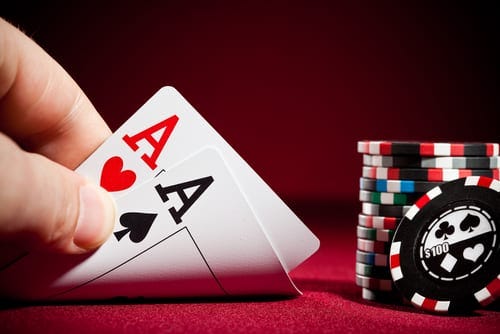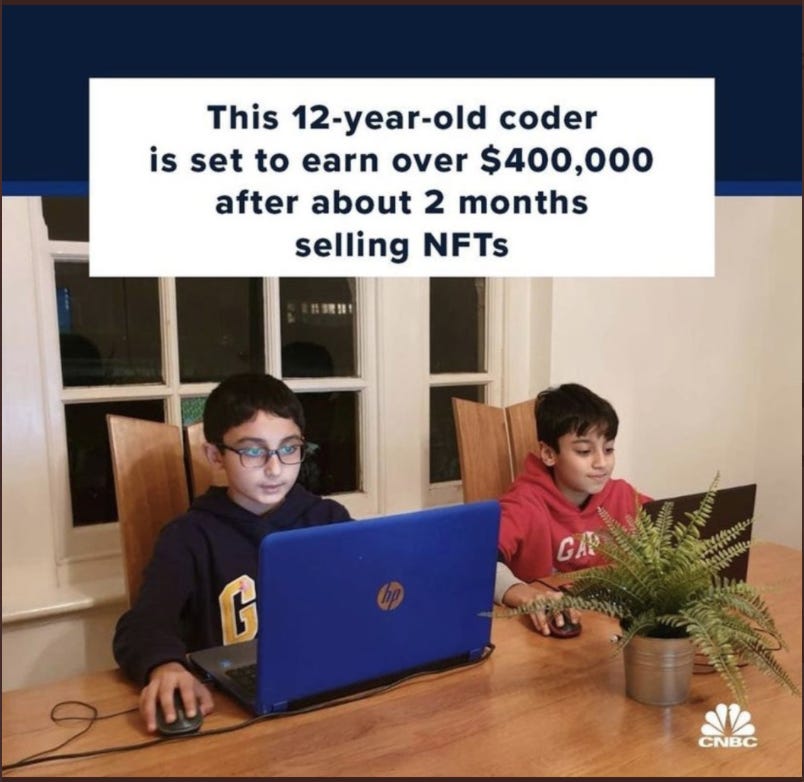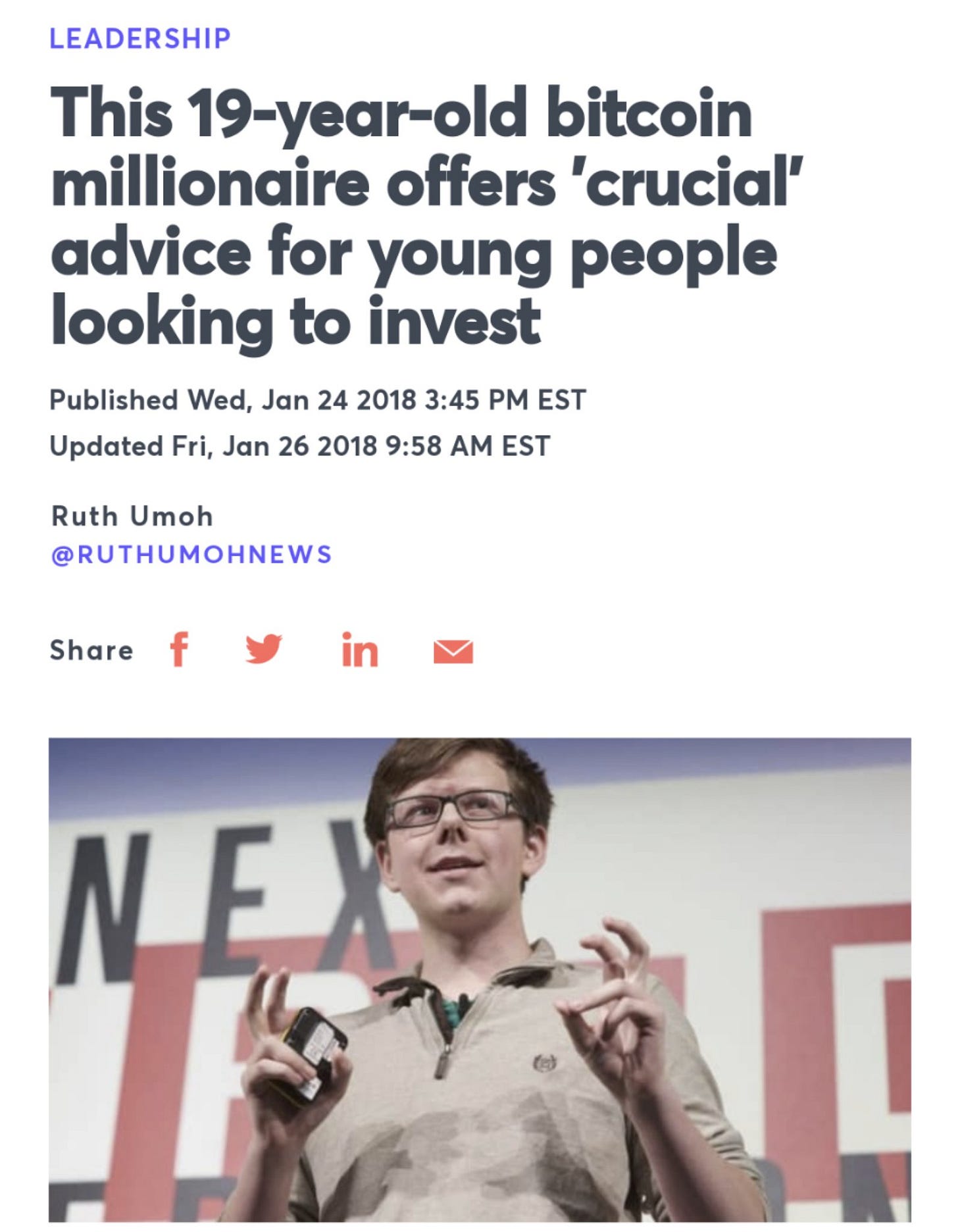Fishing/poker TV …and investing?
Bear with me here and I promise to tie this together in a way that makes sense and illustrates a (somewhat new) emerging phenomenon
Yes, I’m sort of obsessed with analogies lately. I thought of another fun one for you, but I’ll let you think about the answer first: what do fishing and poker shown on TV have in common with how modern investing is frequently perceived?
Answer: fishing and poker on TV show the results, but not the work that went into achieving them. The same is true with any consistently successful investing. Only those behind it know what went into it, and any talented fisherman, poker player or investor will tell you the same thing: there are no shortcuts despite any glamorization done by media.
On a typical fishing show, it’s constant, fast-paced action, at least the parts shown on TV. They show fish after fish being caught and the fisherman / crew celebrating the whole episode.
What don’t they show? The hours of research before heading out to sea, gathering of live bait, exploration using a fishfinder to find the perfect spot, the team waking up at 5am to gear up. Oh, not to mention the years of effort to become a skilled fisherman and learn the craft. Of course they don’t show that because that’s not entertainment: it’s just instant fish zen.
It also sets the completely wrong expectation for any new fisherman. They are taken out on a boat and expect to be constantly catching fish. They don’t realize the waiting and hard work that has to happen before you actually hook one.
One of my friends has a pretty good joke about the reality of fishing: they shouldn’t call it fishing they should call it waiting. As a note, a committed fisherman enjoyes the whole process, even the waiting (being on the water is enjoyable on its own).
Similarly, on a typical poker show: it’s also constant, fast-paced action, again at least the parts shown on TV. They show hands after hand of bluffs, bad beats and the players celebrating success or agonizing in defeat.
What they don’t show? The hours of folding and stolen blinds, arduous effort spent studying pot odds to play data-driven cards and countless time spent studying psychology / body language in order to read opponents not savvy enough to cloak emotional responses. Not to mention the years the top players have played to gain enough experience to be able to compete in tier-1 tournaments. Again, poker shows don’t show this because it’s not entertainment: what people will watch are the highlights.
This also sets the completely wrong expectation for any new poker player and is why a lot of players go to Vegas and are dominated by pros. They watch poker on TV and think every hand is an exciting, all-in showdown because that’s all they show on TV. New players don’t realize the skill set the pros have is one that takes years to achieve, one which balances psychology, statistics and personality.
There’s a great quote on poker credited to 2006 World Series champion Tom McEvoy: “No Limit Hold’em. Hours of boredom followed by moments of sheer terror.” Indeed, this is a more accurate description of a real tournament than what is shown on TV. But reality does not make for as great entertainment as clips. Especially in a world conditioned to skim. Although again, similar to fishing I think the really passionate poker players who have a genuine love of the game don’t mind this time in between. It’s an organic element to the process which breaks up the action.
What does this have to do with investing? A lot
In the 1940s the average hold duration of an equity was 7 years. That’s now shrunk to just over 5 months. Investors want their prize fish and winning poker hand, and they want it now.

The above chart is pretty wild. We continue to drive people towards faster, more immediately gratifying returns. And it’s clear why: to those on the outside looking in at other people’s successes, they only see the results. And those results are increasingly on display everywhere.
This creates false expectations for new investors who haven’t gone through the process themselves. Like someone who has never played a poker game or gone fishing yet watched it on TV, they come in expecting excitement the whole time as well as instant results. But like the nascent player or fisherman, they must eventually learn to commit long term if they hope to make it.
I especially like this analogy because I fish, play poker and invest. I see not just how poker and fishing are portrayed on TV I see how this has influenced some new fisherman and poker players. New fisherman get bored and give up before trying enough spots. New poker players lose all their money by going all in and not having enough patience or ability to play data-driven cards infused with the right amount of psychological insight into opponents (new investors do the same thing, quite frequently).
Further, I see how people getting rich quick put on display everywhere has instilled the wrong mindset in many young investors. We see segments on national TV all the time such as this:
Or this
Or this
Or this
…you get the idea (see my Tweet on these images here)
Novice traders see others getting rich quick (not even just other investors, is also simply other humans) and want the same thing for their portfolios and lives instantly. They feel like they’re being ‘left behind’ (when in reality, they aren’t at all).
Or, they have expectation it’s easy, all glamorous and going to be a breezy path to riches. Of course, experienced pros know better and do their part to manage personal expectations, stick to plans and play their own game, ignoring the chaos. After all at the end of the day investing is really you vs. yourself: don’t let externalities make it even harder. And, if you want to have the most success, learn to play the long game just like a successful poker pro or fisherman (note: those who can win the short game are few and far between, if you’re truly brilliant at it go for it, I personally don’t try as I recognize I am not that smart or simply not wired for it).
Bonus: if you haven’t yet, I highly recommend picking up a copy of my friend Morgan Housel’s book on The Psychology of Money. It goes into great detail with many easy to consume stories on the issue I’ve outlined above.









